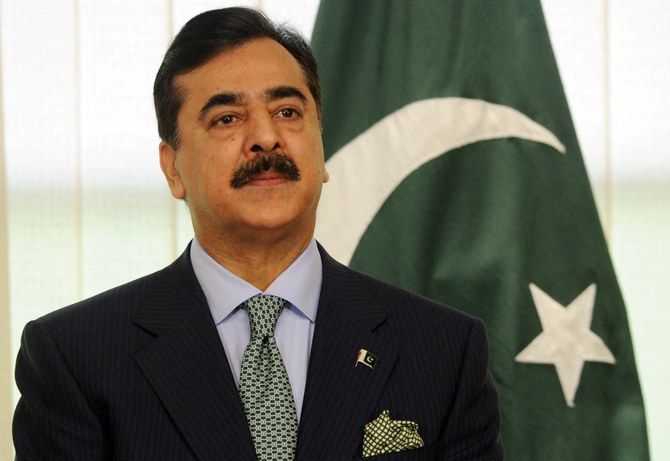News Detail

Event Title: Message from Chairman Senate Syed Yousaf Raza Gilani On the occasion of World Malaria Day
Event Date: 2024-04-25
World Malaria Day, observed annually on April 25th, serves as a reminder of the imperative to unite in raising awareness and finding effective solutions to combat malaria in areas where it remains endemic. Malaria is a preventable and treatable disease, but its control requires collaborative efforts from all stakeholders.
The global theme for World Malaria Day 2024, “Accelerating the fight against malaria for a more equitable world": Gender, Health Equity, and Human Rights underscores the need for inclusive action to address this public health challenge. As a signatory of the World Health Assembly, Pakistan is committed to fulfilling its obligations by implementing targeted measures and commemorating this important day as a testament to our national commitment to malaria control.
On World Malaria Day 2024, as Chairman of the Senate, I stand with the global community in our commitment to eradicate malaria once and for all. Malaria continues to devastate communities around the world, particularly in regions where access to healthcare and resources is limited.
Today, we reaffirm our dedication to supporting research, funding, and initiatives aimed at combating this deadly disease. We recognize the importance of collaboration between governments, organizations, and individuals to implement effective prevention and treatment strategies.
Together, we can work towards a future where no one suffers from malaria, where families are not torn apart by this preventable illness, and where every individual has the opportunity to thrive. Let us seize this moment to renew our efforts and make malaria a thing of the past.
Pakistan remains committed to implementing the Global Malaria Programme's T3 Strategy: TEST. TREAT. TRACK. This initiative emphasizes the importance of testing suspected cases, treating confirmed cases with quality-assured medication, and maintaining robust surveillance systems for informed decision-making.
Such concerted action will not only contribute to poverty alleviation but also advance progress towards achieving the Sustainable Development Goals (SDGs). I urge healthcare providers, NGOs, private entities, philanthropists, community leaders, the media, and other stakeholders to redouble their efforts in raising awareness and improving diagnostic and therapeutic interventions to alleviate the suffering caused by malaria.